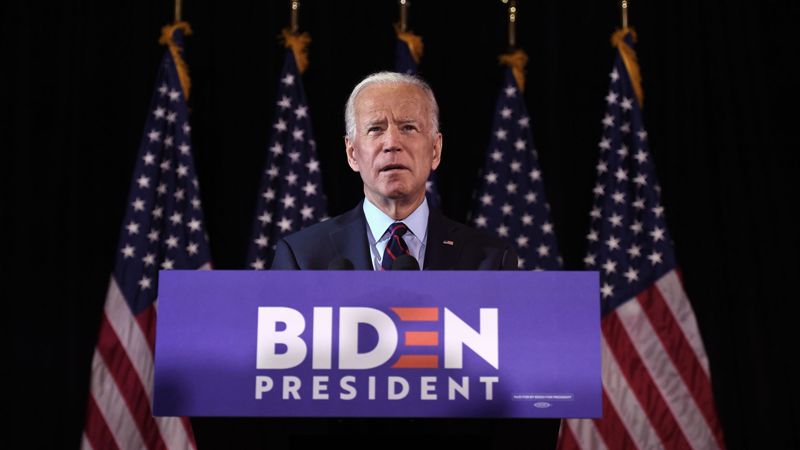 US China Trade War
US China Trade War US-China trade war likely to hit pause under Biden: Investor
Washington/Sputnik: The trade war between Washington and Beijing would likely be halted under a Joe Biden administration, although the United States would continue to confront China on other fronts, Kyle Shostak, director of Navigator Principal Investors, told Sputnik.
Biden was projected the winner of the presidential election by all major US networks and media outlets this weekend. Trump, however, has filed several legal challenges and refuses to concede.
"Chinese blue chips gained 0.8%, on a hope that Biden might reverse some of Trump's trade war tariffs. While it is reasonable to expect that experienced in foreign relations Biden will cool off some of the harsh rhetoric, the general direction of containing and confronting China will not change as it based on a bi-partisan consensus," Shostak said. "There will probably be more professional set of officials in charge of handling China relations and so the trade war will take a pause."
Shostak stressed, however, that rebuilding mutual trust between the two nations will be extremely difficult.
The US and China resuming joint initiatives on vaccines, fighting the pandemic and climate change would be helpful, the investor added.
Global markets, he added, have so far reacted very positively to Biden's expected official win.
"Shares in Asia Pacific have climbed to their highest point for nearly three years as Joe Biden edged closer to becoming the next president of the United States," the investor said. "MSCI’s broadest index of Asia-Pacific shares (excluding Japan) climbed 1.3% to reach its highest since February, 2018. Japan’s Nikkei rose 1.1% to a nine-month top and South Korea put on 1.5%. Australia’s ASX200 was also up more than 1%."
Investors believe markets will continue to be aided by the sizable government stimulus while the declared tax increases will be fought against by the Republicans-controlled Senate, he added.
The tariff war between the United States and China started after US President Donald Trump decided in June 2018 to impose 25-percent tariffs on $50 billion worth of Chinese goods in a bid to fix the US-Chinese trade deficit. Last May, the United States more than doubled import duties on $200 billion of Chinese goods. Beijing retaliated by increasing tariffs on US imports later that year.
At the beginning of 2020, the United States and China struck the Phase 1 trade agreement in which Beijing agreed to increase purchases of US goods and services by $200 billion over the next two years. In February, China reduced by 50 percent tariffs it had imposed on a number of US goods.
Support Our Journalism
We cannot do without you.. your contribution supports unbiased journalism
IBNS is not driven by any ism- not wokeism, not racism, not skewed secularism, not hyper right-wing or left liberal ideals, nor by any hardline religious beliefs or hyper nationalism. We want to serve you good old objective news, as they are. We do not judge or preach. We let people decide for themselves. We only try to present factual and well-sourced news.







